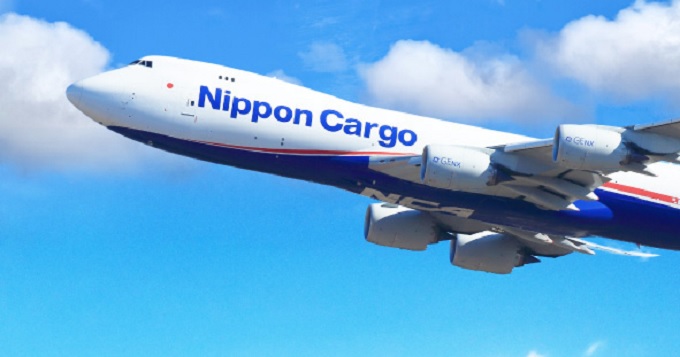
-
Japanese shipping company Nippon Yusen Kabushiki Kaisha is selling its air cargo unit to ANA Holdings Inc. as it exits the airfreight sector, NYK announces
-
NYK acquired Nippon Cargo Airlines in 2010 as it aimed to be a comprehensive logistics firm in all modes, but says buying new jets and training staff is costly
-
ANA wants to add NCA to its business portfolio to dramatically enhance its international air cargo network and integrate it into its own cargo unit
-
The transaction closing date, subject to clearance under relevant competition laws, will be October 1, 2023, or a date to be separately agreed by NYK and ANA
Japanese shipping group Nippon Yusen Kabushiki Kaisha (NYK) is selling off Nippon Cargo Airlines entirely to ANA Holdings Inc. for an undisclosed amount as it exits the turbulent airfreight industry, the company announced in a statement on March 7, 2023.
NYK’s divestment from 100%-owned NCA comes air cargo rates are sliding following a brief upsurge amid weak demand for shipping from retailers and consumers due to economic uncertainty triggered by inflation from high interest rates and fuel prices.
ANA will acquire 100% of NCA shares from NYK in a single transaction in a particular method and under other terms and conditions that will be determined through continued discussions, NYK said.
The closing date for selling off Nippon Cargo, tentatively set for October 1, 2023, is subject to clearance under applicable competition laws and other conditions, or another date to be separately agreed by NYK and ANA.
NYK said it was one of several companies that set up NCA in 1978 and had been involved in managing the new company as a major shareholder. The shipping giant acquired all of the shares of NCA in 2010 with the aim of becoming a comprehensive logistics company offering ocean, land, and air transportation.
“However, the continuous introduction of new aircraft to expand the operation and maintenance system, and the continuous training of personnel engaged in operation and maintenance required a considerable expenditure,” NYK said.
“In the highly volatile business environment of airfreight transportation, NCA has been facing challenges in expanding its business scale at a level that is commensurate with such costs.”
At the same time, ANA wanted to dramatically enhance its international air cargo operation and expressed its strong desire to add the only Japanese dedicated air cargo carrier to its business portfolio.
ANA plans to integrate NCA and reorganize it with the ANA group cargo business “to realize its goal of providing high-quality and internationally competitive air cargo transport services that can respond to the increasing sophistication of the supply chain,” NYK said.
NYK said it believes it is the best option to transfer the NCA shares to ANA and, as a result of a series of discussions, both parties entered into a basic agreement on the transaction on March 7.
Market observers say that while NYK is offloading NCA to offset costs amid a declining market, other ocean shipping lines continue to beef up their airfreight operations to become end-to-end supply chain providers.
Maersk plans to take delivery of two aircraft from lessor Air Transport Services Group this year, after already receiving three, the Danish transport and logistics giant said in a recent earnings update.
In late November last year, MSC’s partner Atlas Air said it had taken delivery of the first Boeing 777-200 freighter that it will operate on behalf of MSC Air Cargo, the airfreight unit that the world’s largest ocean shipping line would launch soon.
Lars Jensen, chief executive and partner at Vespucci Maritime, said in a post on LinkedIn that the NYK sale appears to be “a move opposite the prevailing ‘fashion’ of container lines investing into airfreight” in a transaction that showcases the “challenges involved in running a successful airfreight operation.”
Airfreight rates that were normally higher than sea freight prices rose further at the height of the port congestion at US and European ports in late 2020 that continued until the middle of last year.
Shipper frustration over the long shipping delays led to increased demand for airfreight services, especially from makers of time-sensitive products. The strong demand and buoyant airfreight rates encouraged the large ocean carriers awash with cash from record earnings to acquire air cargo operations.
Since January this year, however, freight rates have slid on the Asia-US and Northeast Asia-Europe corridors, with Xeneta air data reporting a significant drop, although to levels still above the pre-pandemic rates.




